Integration reform faces state funding hurdles

The justice ministry appears to have some way to go to win support for its proposals aimed at boosting integration of foreigners.
The increased role of the government and the financial support for the mooted steps as well as what is considered a certain vagueness of the measures could become stumbling blocks for necessary legal reform.
“Switzerland can and must do more to integrate foreigners even if it we do not have major integration problems,” said Justice Minister Simonetta Sommaruga at the presentation of proposals on Wednesday.
She stressed the key importance of knowing at least one of Switzerland’s four official languages – German, French, Italian or Romansh – to assimilate and praised the efforts undertaken so far by schools, employers as well as private associations.
Sommaruga also described an agreement with cantonal authorities to increase cooperation as a “milestone”.
The proposals notably foresee mandatory language courses for family members of immigrants from outside European Union countries, as well as for the renewal of limited residence permits or the granting of a permanent licence.
All the 26 cantons, which traditionally enjoy wide-ranging autonomy, would have to agree formal integration accords with newly arrived individuals and welcome them officially.
The proposed package comes with an SFr40 million ($43.5 million) increase in funding for integration efforts to SFr110 million annually by 2014.
Rejection
Initial reactions by the main political parties range from outright rejection to approval, albeit with certain reservations.
“It is up to an immigrant to integrate,” says the rightwing Swiss People’s Party, known for its highly critical stance towards immigration.
A party statement warns against state bureaucracy, high costs and an attack against the federalist system, granting local authorities a high degree of independence in integration policy.
In a similar vein, Philipp Müller, a parliamentarian of the centre-right Radical Party, described the proposals are ineffective and useless.
“Current law is sufficient,” he added.
Reservations
The centre-right Christian Democrats notably welcome moves to demand better language skills from immigrants and other efforts to integrate into society but they question the extra funding.
“What exactly would the money be spent on? Is such a massive increase necessary? Would it not be enough to spend funds available now differently?” asks Marianne Binder, senior press officer for the Christian Democrats.
Travail Suisse, a trade union umbrella organisation, warns of unwanted side effects because the issue of language skills would discriminate against certain groups of foreigners.
The organisation, which represents about 170,000 employees, also queries whether mandatory language skills could become an impediment for certain sectors of the industry which depend on staff with top professional qualifications.
Balanced
The centre-left Social Democrats – Justice Minister Sommaruga’s party – says it is pleased to learn that the government is considering boosting its financial contribution for integration, although the amount falls short of experts’ recommendations.
“The proposals presented are based on the principle of help for immigrants and demand on immigrants. At first glance, both elements appear to be balanced,” a statement said.
The public reaction to the integration proposals is rather subdued. Only Zurich’s Tages-Anzeiger and Der Bund put the story on their front pages accompanied by a syndicated editorial. It criticises a lack of precision.
“The justice minister will have to provide the necessary clarifications over the coming months. Otherwise she runs the risk of parliament smashing her milestone to pieces,” it says.
The prestigious Neue Zürcher Zeitung and Le Temps in their coverage focus on the role of the state and the funding of integration efforts.
The mass-circulation Blick and the free 20 Minutes virtually ignore the proposals and limit themselves to five sentences on the subject in their Thursday editions.
Foreigners accounted for 22.4% of the total resident population last year.
Most of them come from European Union member countries, notably Italy, Germany, and France, as well as Portugal and Spain.
The biggest expat communities from outside the EU are from Serbia, Turkey and Kosovo.
Immigrants from North America (US, Canada, Mexico) are the seventh largest group, according to data from the Federal Migration Office.
The current proposals are submitted for consultation to political parties, organisations, local authorities and institutions concerned.
The justice ministry then drafts a formal bill which will have to be approved by the cabinet before it can be submitted to parliament next year at the earliest.
The reform of integration policy needs amendments to six different laws.

In compliance with the JTI standards
More: SWI swissinfo.ch certified by the Journalism Trust Initiative

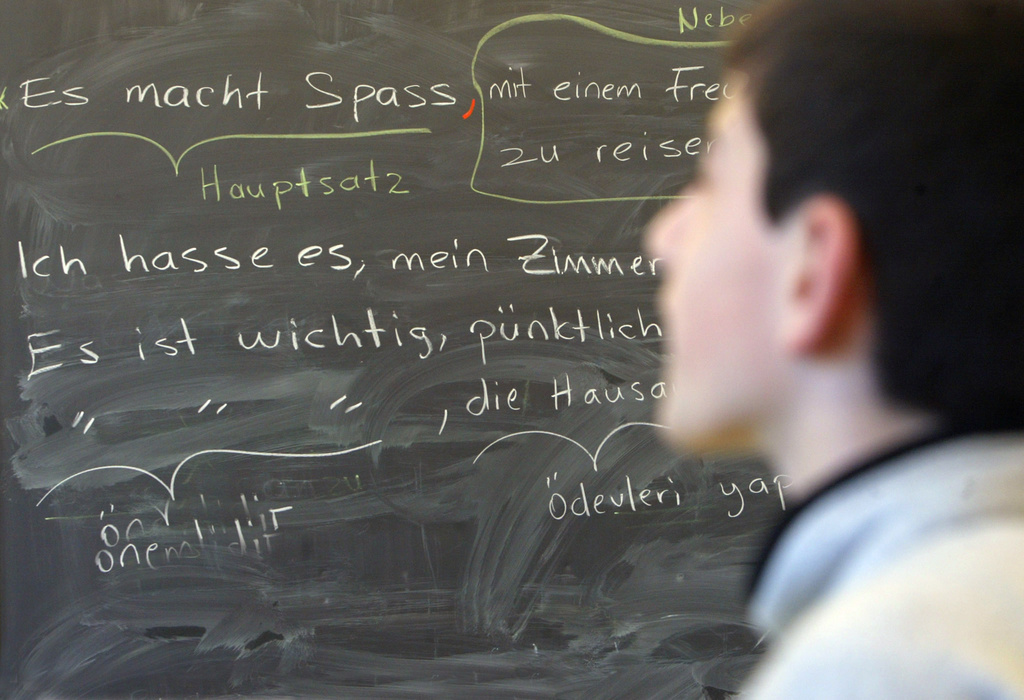
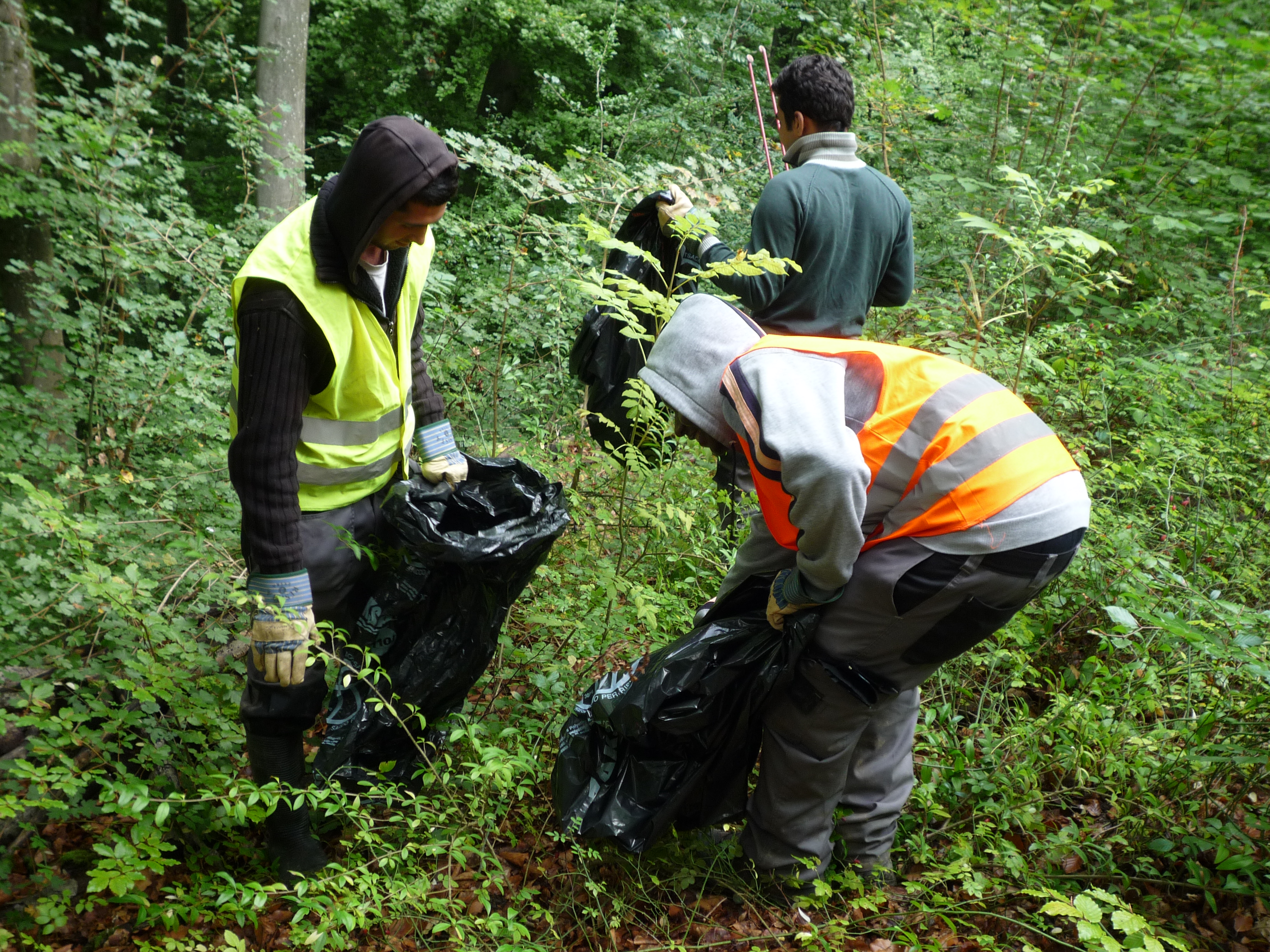
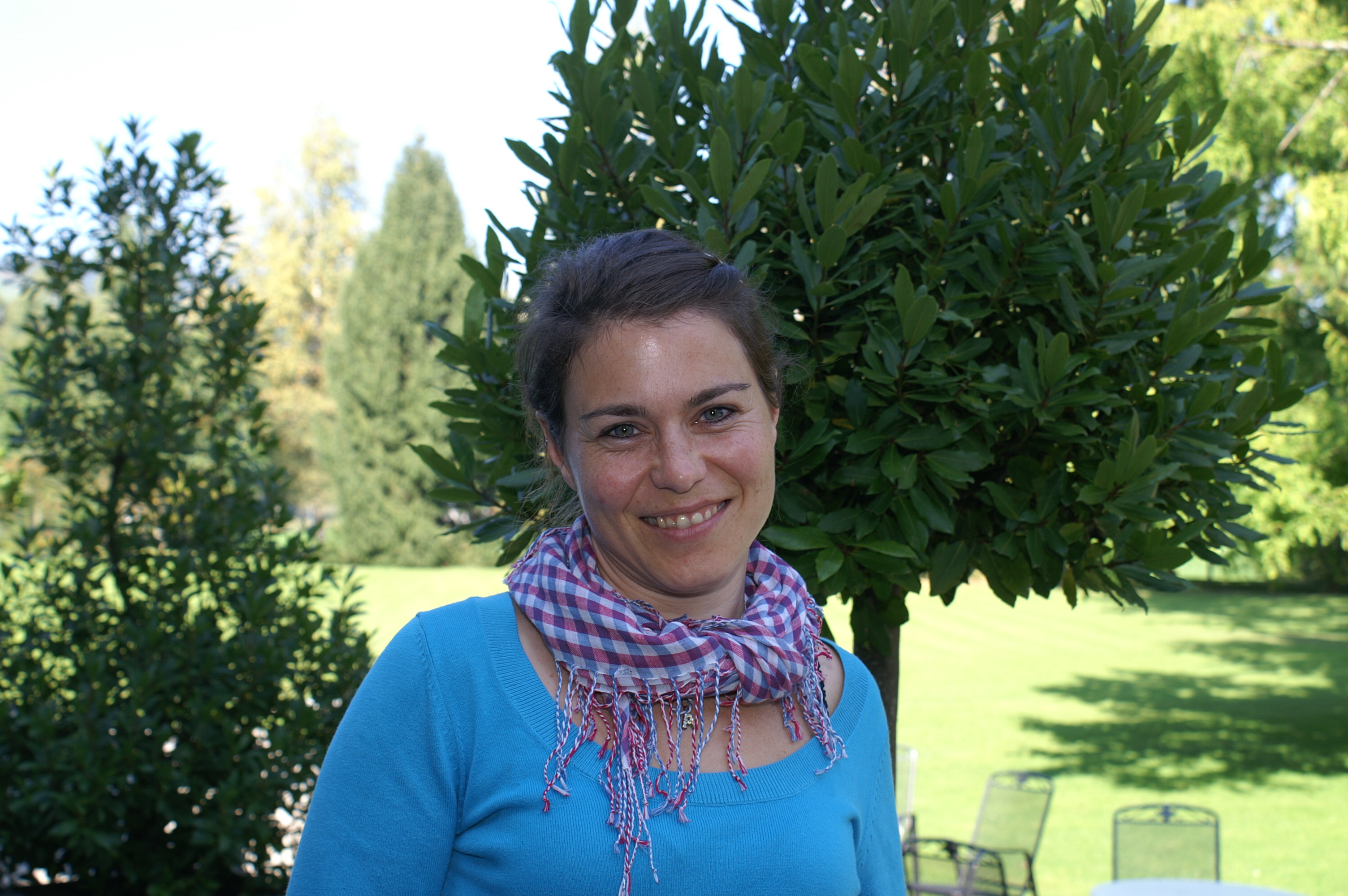
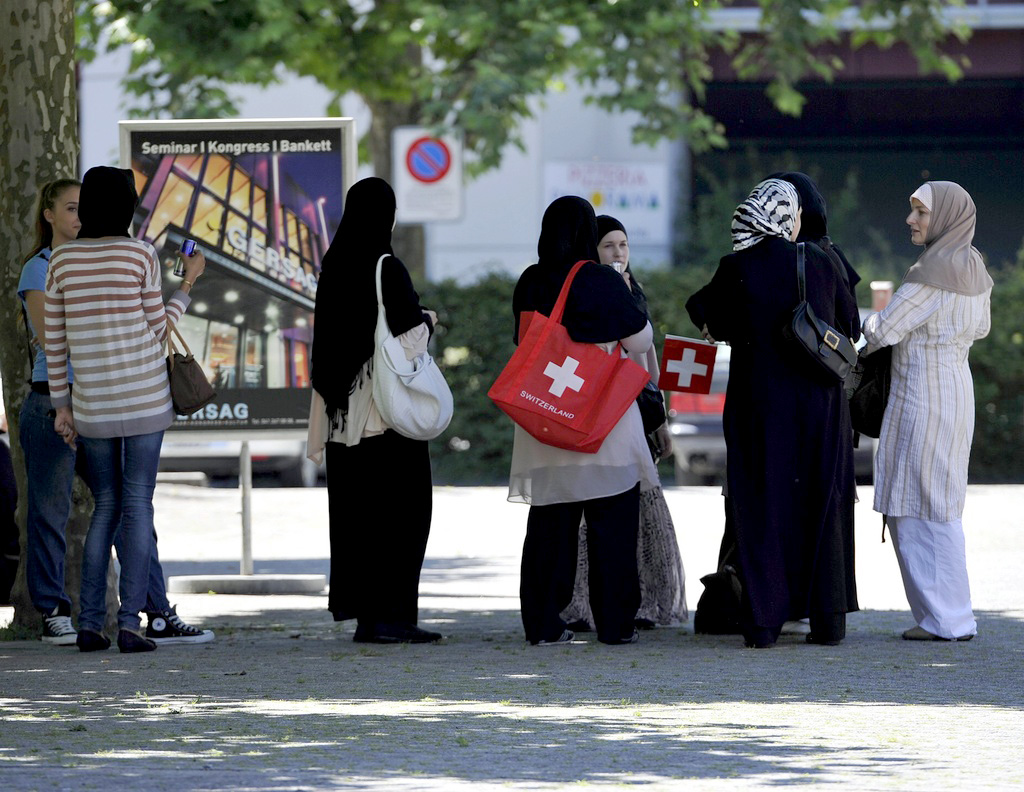
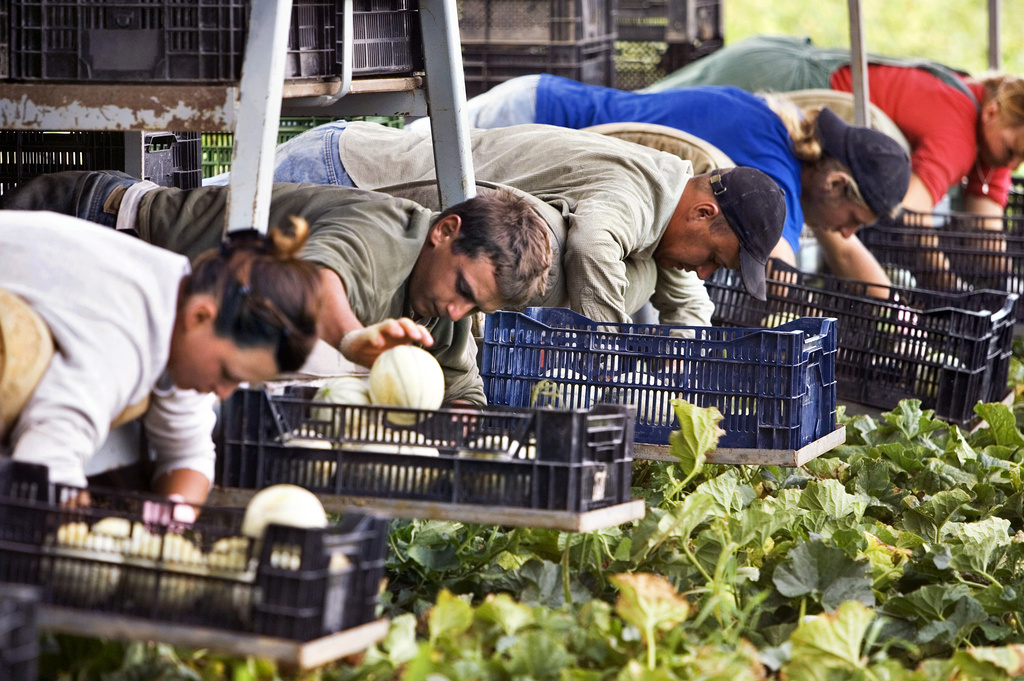
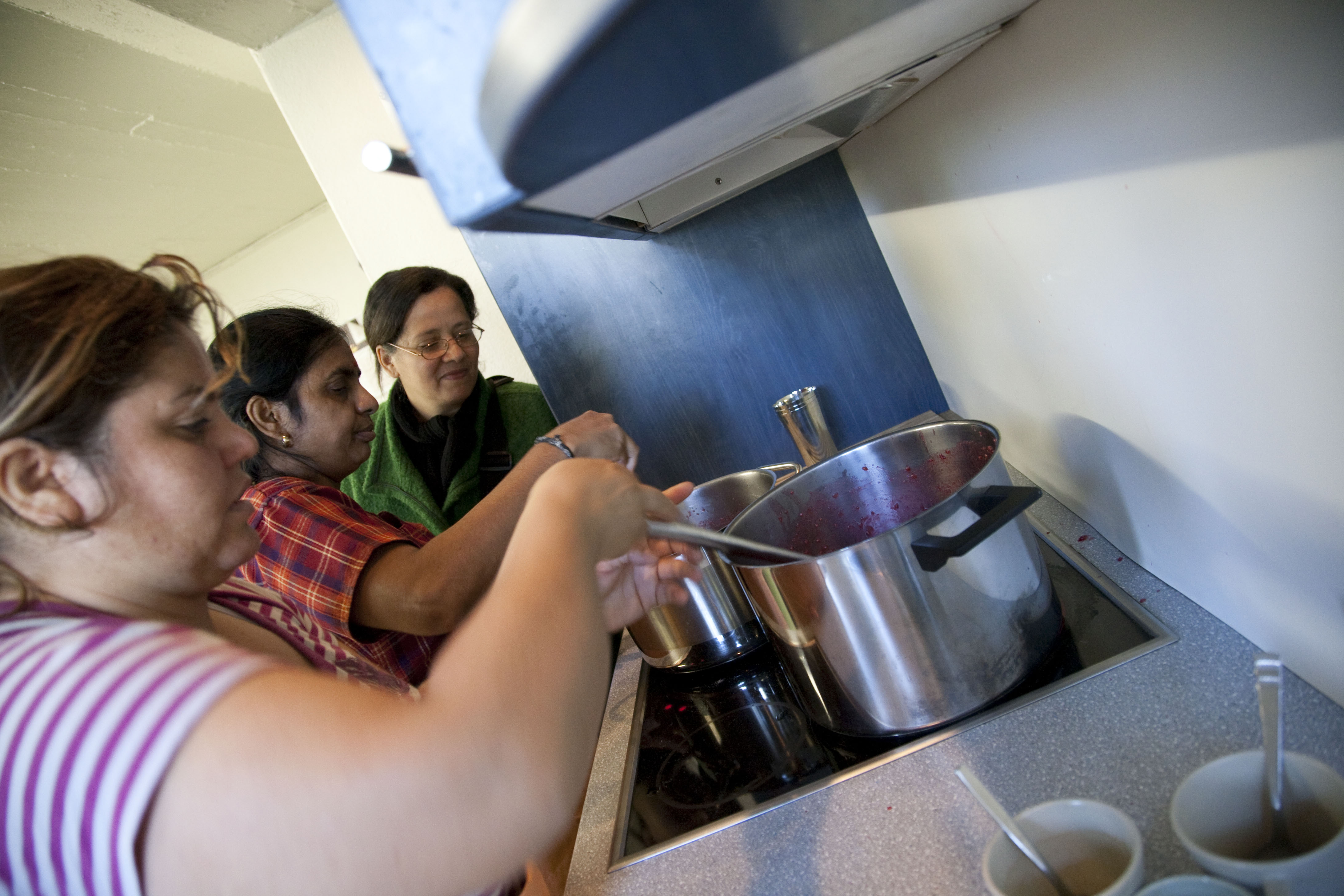
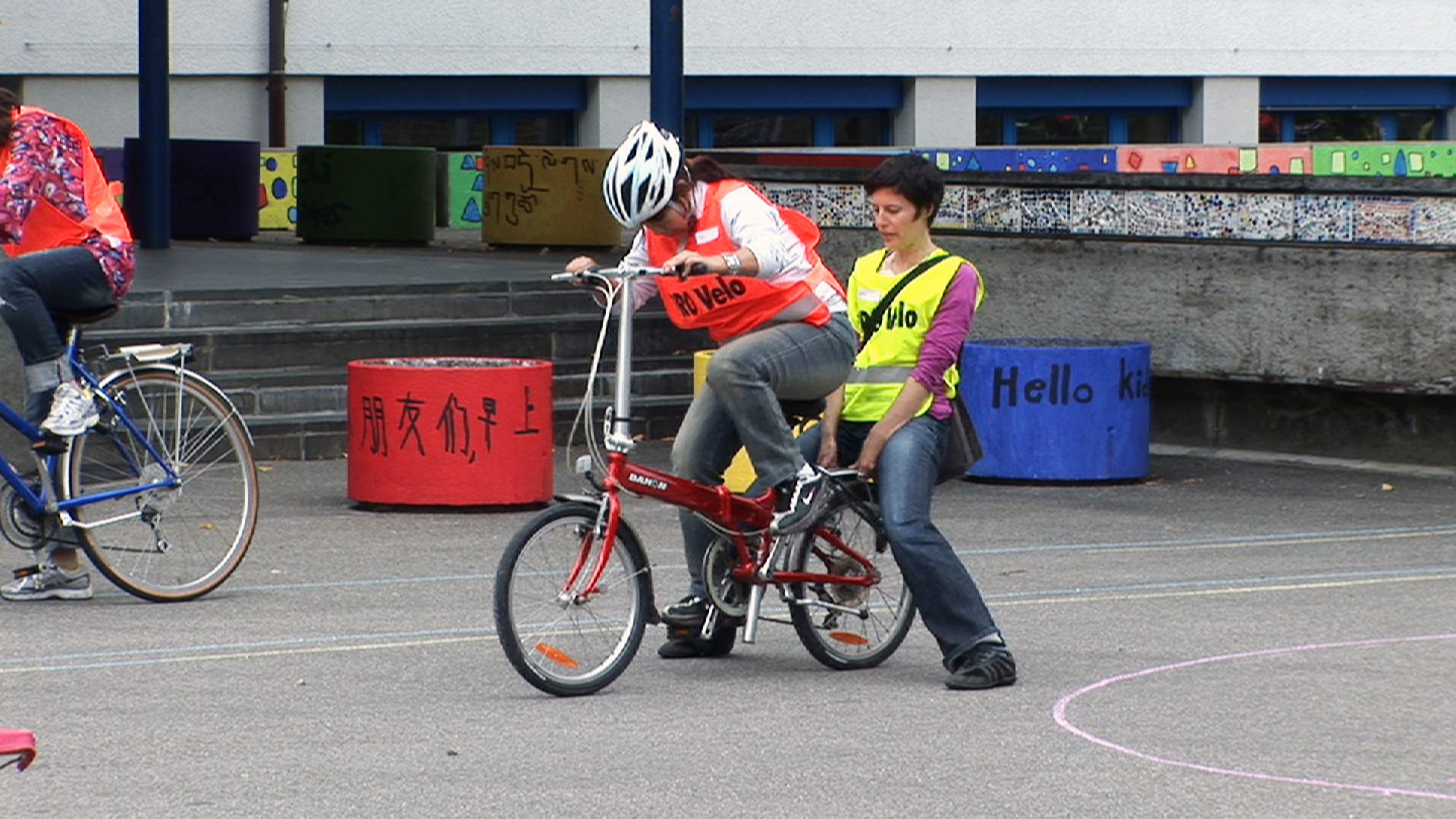

You can find an overview of ongoing debates with our journalists here. Please join us!
If you want to start a conversation about a topic raised in this article or want to report factual errors, email us at english@swissinfo.ch.